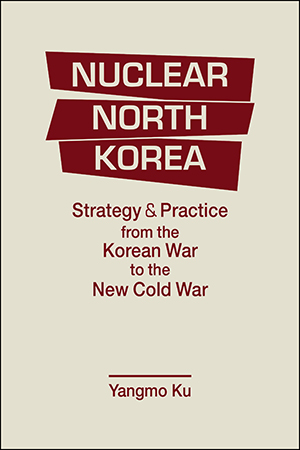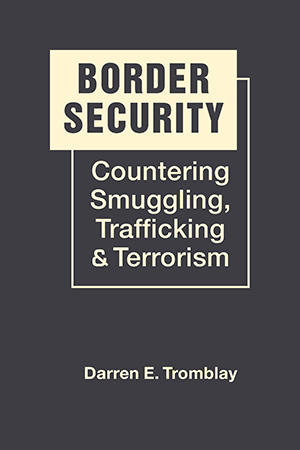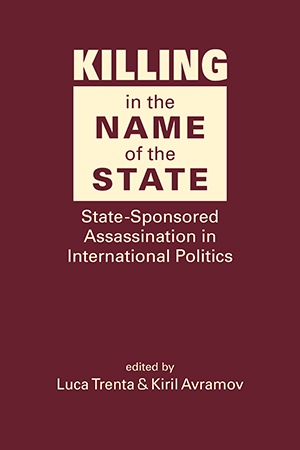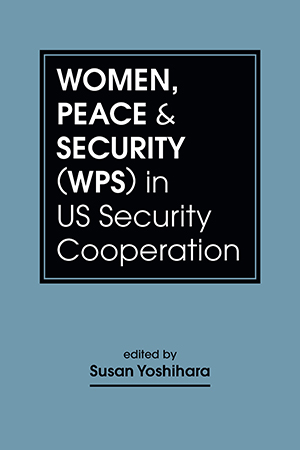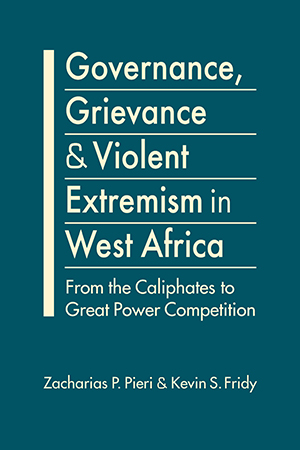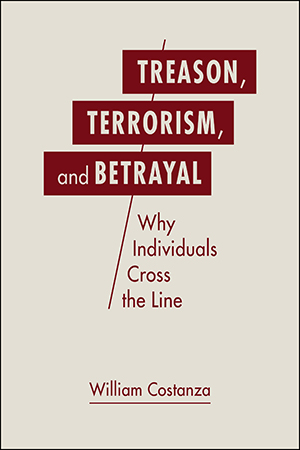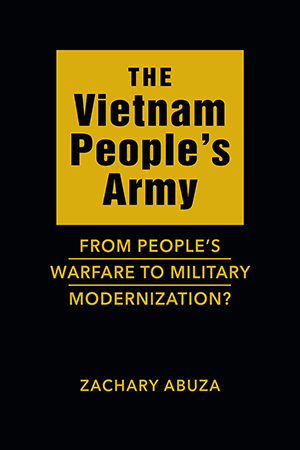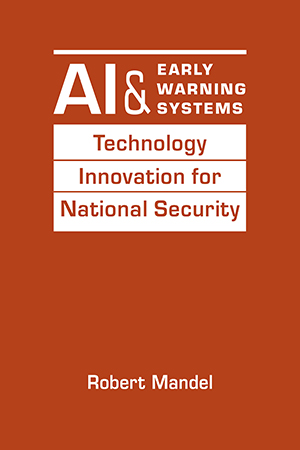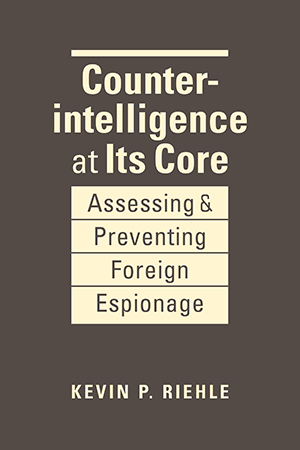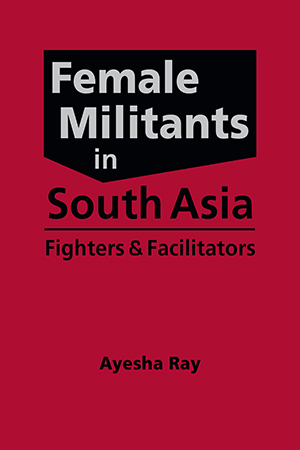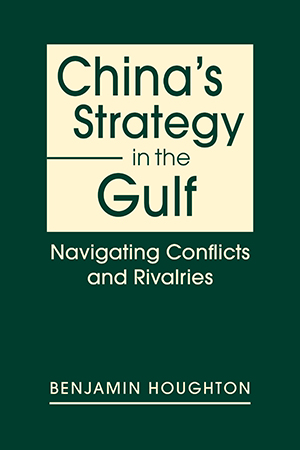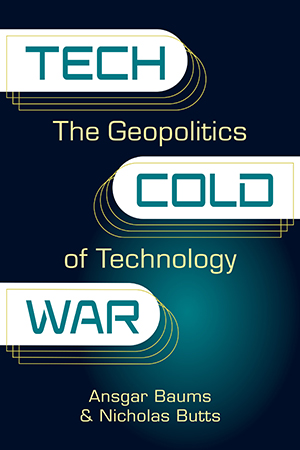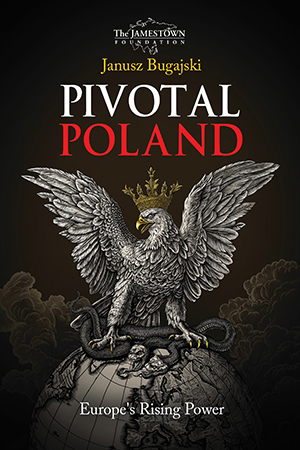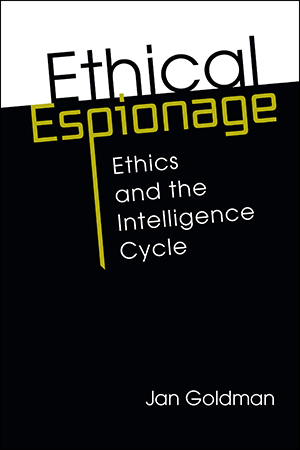Security and Intelligence Studies
Although disarmament is a longstanding feature of the international system, it is often dismissed as utopian and remains largely understudied and undertheorized. To redress this gap, the More >
Despite crippling economic hardships and intense international pressure, North Korea has managed to become a nuclear nation. What drove the country to so resolutely prioritize the More >
Securing the US borders has become a focal point of public and political discourse. But how can that security best be achieved? Darren Tromblay addresses this question in his comprehensive More >
How do governments approach, understand, and even justify assassination? What methods have been used historically, and how do they differ from current practice? What are the consequences of More >
The authors of this groundbreaking book explore the origins, rationale, and evolution of Women, Peace, and Security (WPS) efforts in the context of US security cooperation. Focusing on More >
What happens when external forces are brought to bear on domestic grievances and governance institutions? In environments profoundly affected by both violent extremist organizations and More >
Aldrich Ames. Timothy McVeigh. Kim Philby. Julius and Ethel Rosenberg. Edward Snowden. These are just a few of the people well known for willfully jeopardizing US national security. What More >
Can the Vietnamese military, which decades ago defeated the French, the Americans, and the Chinese, move away from its tradition of "people's war" to adapt to both the More >
From the September 11 attacks to the coronavirus pandemic, recent deficiencies in early warning systems have been jolting, reflecting startling failures of intelligence and security More >
Choice Outstanding Academic Book! What is the core purpose of counterintelligence? What does it involve? To answer these questions, Kevin Riehle explains in detail how counterintelligence More >
Though often portrayed as lacking agency, women in South Asia, in considerable numbers, participate actively in the insurgencies that plague the region—taking up arms alongside men or More >
China's foreign and security policy in the Gulf region has been characterized by the cultivation of strong positive relationships with all of the Gulf states, irrespective of their More >
TikTok, Huawei, semiconductors, AI … Technology has become a field of fierce geopolitical competition, especially between the United States and China. What drives this particular More >
Russia's full-scale invasion of Ukraine precipitated a tectonic shift in European security dynamics, ending a relatively peaceful post–Cold War phase and moving the epicenter of More >
Can spying ever be ethical? What role do ethics play in intelligence missions shrouded in secrecy? Can the end justify the means? Jan Goldman confronts these thorny questions as he charts More >




